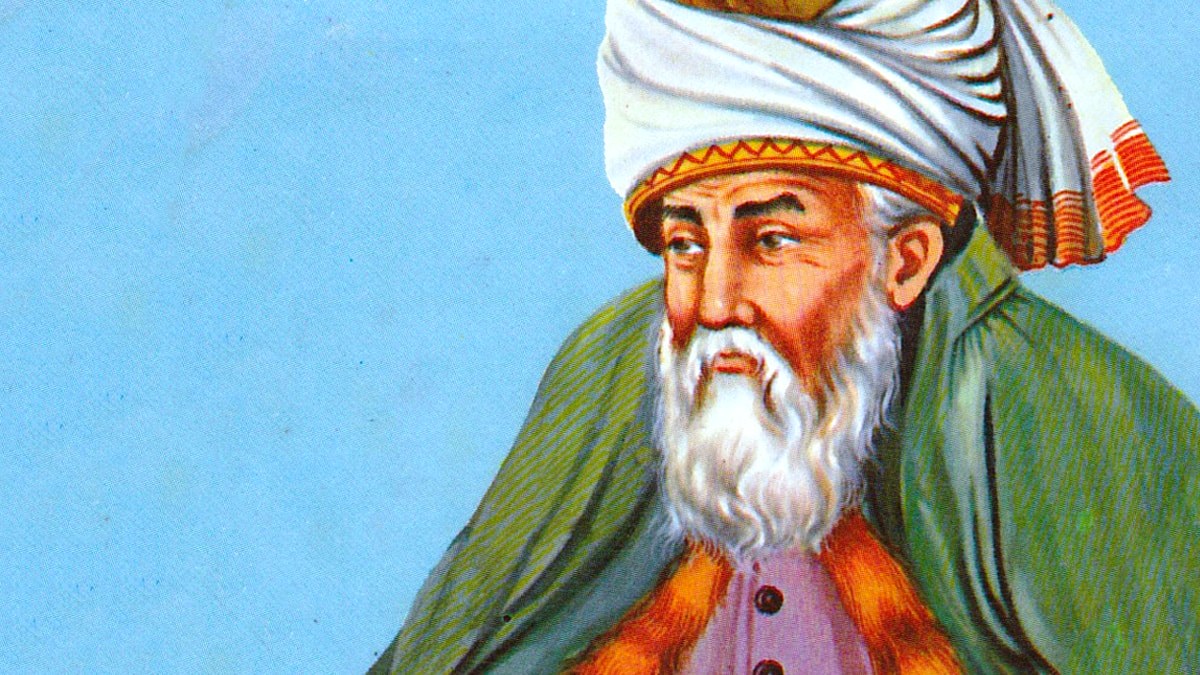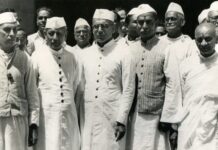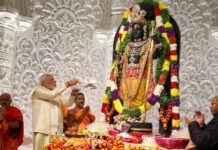by Siddiq Wahid
Ideas have histories. To understand an idea, it is important to understand its history. One such is the caricatured criticism that nothing good can come from the modern. In their brief, tightly argued and illuminating book, Occidentalism (Penguin, New York, 2004), Ian Buruma and Avishai Margalit identify this “modern” with the geographical West, illustrating it with a mix of eclectic examples and thematic arguments. Their thesis is in the same vein as Karen Armstrong’s Battle for God and other books that trace the origins of literalist, puritanical and violent religious movements.
Equating the “modern” exclusively with the “West” is, of course, a debatable historical question. Edward W. Said demolished this argument rather convincingly in his work. But that would be a tangential discussion here. Buruma and Margalit are out to trace the history of the prejudice of the “West” bordering on hatred and, interestingly, they find it in the West. The authors cite such revered poets as William Blake in the early 19th century and T. S. Eliot a century later as being among those who initiated and inculcated this kind of criticism of the West. Then there are Richard Wagner, Karl Marx, Friedrich Engels and Werner Sombart of the German Romantic movement, all of whom posit their criticisms of western (read French and English) materialism against heroic, philosophical and spiritual traditions.
This criticism of modernity in the West, the authors argue, was adopted by several non-Western thinkers. One of the first was the Japanese philosopher Nishitani Keiji who blamed historical developments – such as the Renaissance, the religious reformation started in the 15th century and the study of the natural sciences in the 18th century – for the destruction of unified culture in Europe. This line of argument was given shape in 1942 in the tradition bound city of Kyoto, where a group of Japanese literati gathered to debate “how to overcome the modern”. In time, there were other eastern thinkers who picked up on this rejectionist argument. The authors cite an array of them including such disparate figures as Mao tse Tung, Ali Shariati, Mahamud Taleqani, Abu-l ‘Ala Maududi, Sayyid Qutb and others.
The approach of the authors is thematic rather than chronological. The themes they explore are familiar ones: the sinful city of man as opposed to the City of God, the superiority of sublime philosophy over crude commercialism and the paradigmatic Manichean battle of good versus evil. And all these strains of argument against modernity, according to the authors, were born in the West. The anti-urban bias finds its origins in Wagner’s criticism of French frivolity. Crude commercialism was countered by Sombart’s Merchants and Heroes where heroic philosophers were glorified over greedy businessmen. And it was German romanticism that railed against the superiority complex of scientism, the notion that all knowledge must come from science.
Although a slim volume, the book is a tour de force of the profound impact of western ideas on eastern minds. But it begins with a seminal hypothesis. The post 18th century Easterner wanted to imitate (or mimic) the West and so ended up with “intellectual indigestion”. The victims of this political and social practitioners’ heartburn, according to the authors, were such modernizing figures as Kemal Ataturk, Reza Shah Pehlavi, Sati Husri the Ba’athist ideologue, the Arab Socialists and Japan’s late 19th century Meiji reformers.
The Westernizing projects of all these individuals and movements were not only radical but dictatorial, resulting in re-interpreted native traditions converging with reactionary European ideas. This, the authors argue, is what gave birth to the various radical, puritanical and literalist arguments within religious traditions the world over. In other words, it is this dialectic that gave birth to the death cult that we see rampant the world over, be it Japan’s Kamikaze pilots, the suicide bombers of the Tamil Tigers of Sri Lanka or those we witness in Pakistan today.
Occidentalism is an intricate book, elegantly argued – albeit sometimes with glosses – and boldly theorized. It merits reading not only to understand one credible strand of historical interpretation but also as a discourse that can help us see light at the end of a tunnel in which the cycles of ethno-religious violence, identity angst and zero-sum games exhaust us. Buruma and Margalit simultaneously question the validity of the singular interpretation of the modernisms adopted in the non-western world and challenge the West’s appeasing liberalism through the sentiment of colonial guilt. However, the authors are at pains to point out that they are not obsessed with locating blame, as with telling “a tale of cross-contamination, the spread of bad ideas”. If we are to come out of the “strange dialectic of reinforcement”, to quote Said’s phrase in his book with the opposite title, it is just such cross-contamination that will have to be arrested.
For the Southasian there is an endearing, if double-edged, anecdotal reference to a possible counterpoint to Occidentalism which “dehumanizes the west” and all its representations: in answer to a question as to whether it is possible to be a critic of the West and secularism from a “Muslim perspective” without resorting to Occidentalism, the authors mention one name: “Muhammad Iqbal (1877-1938), the poet, philosopher, and social reformer, considered by many the spiritual father of Pakistan.” Also, “Iqbal never dehumanized the West”.
The irony of this conclusion in the face of Pakistan’s tragic difficulties at the moment apart, it bears a discerning message for the Muslims of Southasia.
(The author is vice-chancellor of Islamic University, Awantipora)















